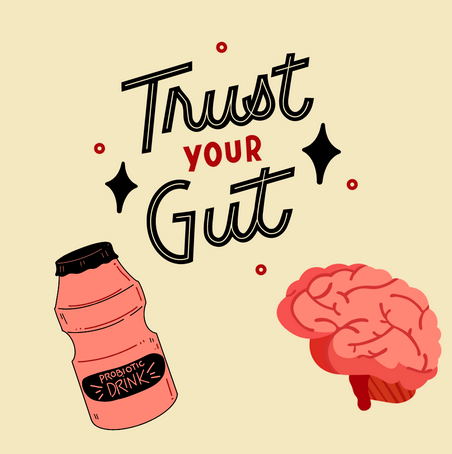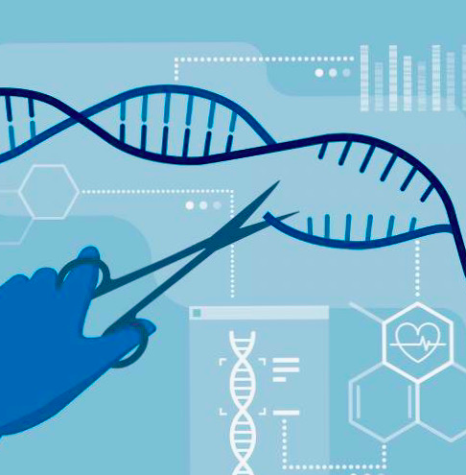My Gut Can Do What?
The gut microbiome is a beautiful and magical place that many would rather not think about. It’s a bunch of bacteria, how can it possibly be beautiful? Scientists certainly believe so!
Part of what makes us unique is the differences within our bodies. In this case, we differ based off of various ratios of our enterotypes, which are the different types of microbiota present in our gut. Whether it is made up of viruses, yeast, or bacteria, our enterotypes change as we age from infancy to adulthood and adjusts with our nutritional needs.
What exactly should you do to help out your microbiome? Harvard’s School of Public Health suggests introducing fermented foods, such as pickled vegetables and yogurt, along with other probiotic sources liked kombucha and kimchi. Nothing out of this list peaking your interest? Not to worry! Various probiotic supplements – think: Vitafusion – can give you the same bacterial boost… minus the tangy taste, of course.
If possible, try to limit the amount of antibiotics you take — with each introduction of an antibiotic, there is a reduction in the diversity of microbiota species and metabolic activity in your gut. While it may seem like the best option at the moment, be sure to consider this the next time you’re sick and looking for a cure!
Your microbiome isn’t just bacteria — it plays a major role in maintaining the health of both your mind and body. We are all aware that our bodies metabolize food differently, but have we ever considered that our gut microbiome might be at play
A systematic analysis done in 2018 by George Kunnackal John concluded that probiotic manipulation allows for a significant reduction in BMI and fat mass when low dosages were supplied over a long duration. If you are wanting to reset your gut for weight loss, consider adding a probiotic supplement to your diet and make sure to take it daily — it may make all the difference.
In addition to your body, your gut has connections to your brain — specifically that of your mental health. Have you heard of the idea that eating fermented foods can reduce anxiety? This isn’t pseudo-science — many pre and probiotics found in our food can have anxiolytic effects on the brain.
While we aren’t saying that sauerkraut could solve your social anxiety, it may be worthwhile to introduce more fermented foods and see what kind of impact it has on your emotional well-being. Even if pickles aren’t your favorite, a kombucha tea or hearty Greek yogurt may do the trick.
Understanding of our microbiome is something magical and everchanging — research within this topic has expanded exponentially over the past decade and will continue to grow. If not now to get on the gut-bacteria train, when?








